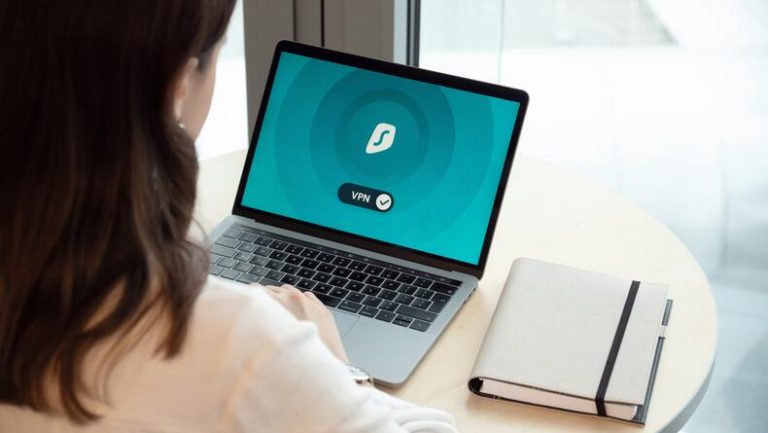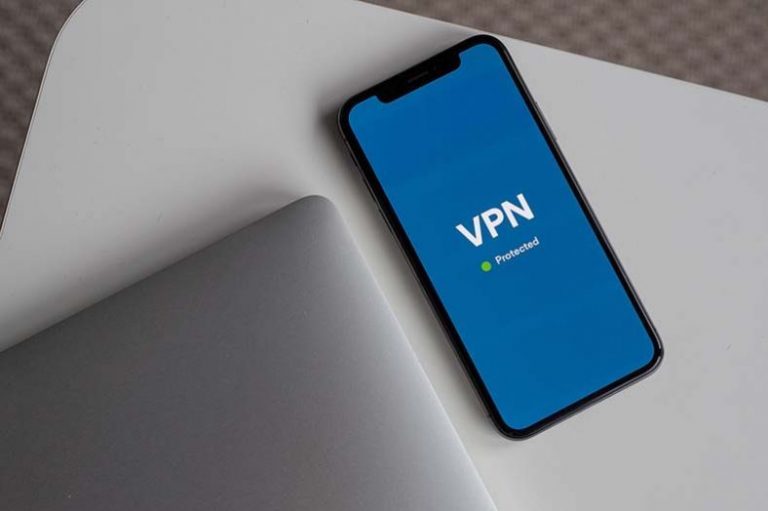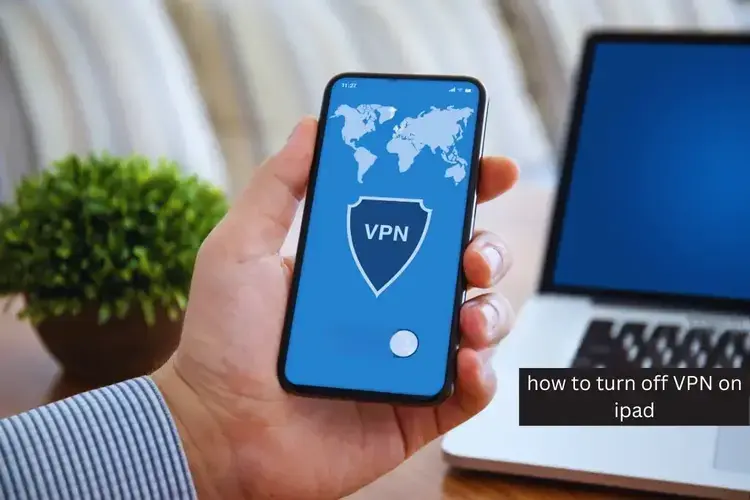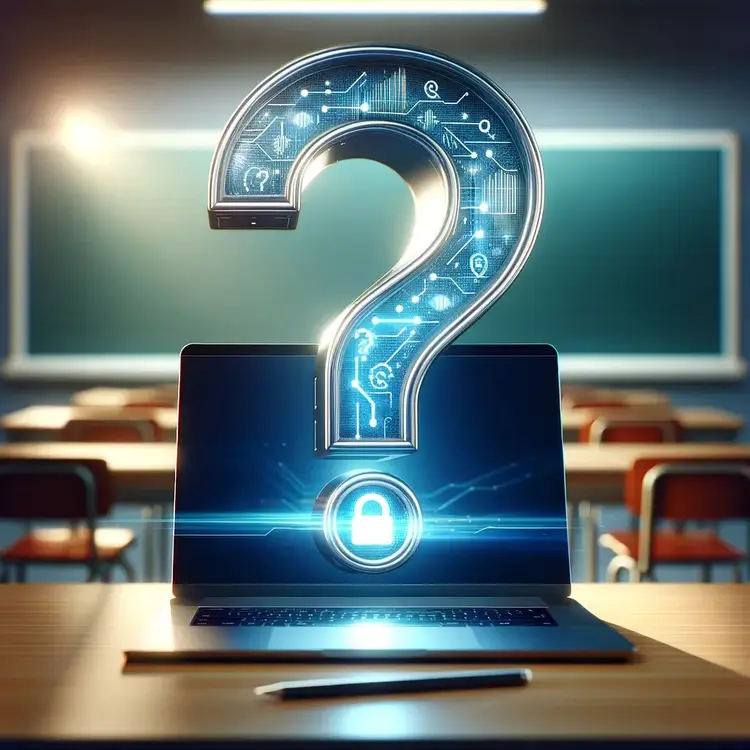Cybersecurity 101: Why a VPN is a Must-Have in Your Digital Arsenal
Safeguarding yourself from internet attacks is very important. A Virtual Private Network (VPN) is an important instrument in this defense. Consider it a lifesaver for your online activities. In this Cybersecurity 101 guide, we’ll explain why using a VPN is important for your online protection. Let’s look at why a VPN is essential in your online toolkit and how it can help you stay safe in the virtual world.
Why a VPN Is a Must-Have in Your Digital Arsenal?
A Virtual Private Network (VPN) has become a must-have tool in your digital armory. A VPN protects your online privacy by encrypting your internet connection, making it far more difficult for hackers, fraudsters, or even your internet service provider to spy on your online activities. This encryption preserves the confidentiality and security of your sensitive information, such as passwords, financial information, and personal correspondence.

Furthermore, a VPN allows you to hide your IP address, offering an additional layer of anonymity while browsing the internet. This function secures your identity and allows you to overcome geographical content limitations, giving you access to websites and services that may be blocked in your location.
Why Are VPNs Needed for Public WiFi Networks?
In a world where public Wi-Fi networks are everywhere, a VPN becomes an essential security system for you. Public Wi-Fi is usually subject to cyber attacks, but your connection is safe with a VPN. It lowers the chance of illegal data access. Everyone should prioritize getting a good yet affordable VPN that doesn’t break the bank. If you’re searching for a good VPN, Seize the Surfshark Black Friday deal and get upto 86% discount and 5 months off on your VPN plan.
How Does a VPN Work to Safe Your Privacy?
A VPN establishes a secure and private connection, known as a “tunnel,” between your device (such as a computer, smartphone, or tablet) and a server maintained by the VPN service.
1- Encryption
When you connect to a VPN, the data that travels between your device and the VPN server is encrypted. Encryption includes transforming your data into a code that is difficult to decipher for unauthorized parties. This ensures that even if the data is intercepted, it cannot be deciphered without the right decryption key.
2- Tunneling
Encrypted data is transmitted over a secure tunnel between your device and the VPN server. This tunnel prohibits outside entities from accessing or monitoring your online activities, such as hackers, ISPs (Internet Service Providers), or government authorities.
3- Masking IP Address
Your IP address is your online identity, disclosing your location and other details. A VPN can mask your real IP address by assigning you one from the server’s pool of temporary addresses. This provides an additional layer of anonymity and privacy, making it more difficult for websites and online services to pinpoint your exact location.
4- Bypassing Geographical Limits
When you connect your device to a VPN, your internet traffic looks to originate from the VPN server’s location. In simpler words, it can alter your location to be coming from any location you choose and that’s how it assists you in surpassing geographical limits. For example, you can access banned or blocked content in your country.
5- Enhanced Network Security
Your data is more vulnerable to interception when you connect to public Wi-Fi networks, such as cafes or airports. A VPN secures your connection, allowing you to access public Wi-Fi without fear of potential dangers.
A VPN creates a safe and private path for your online data, shielding it from prying eyes and adding an extra layer of security to your internet connection.
Why Is Cyber Security Important?
Cybersecurity is important for several reasons, including its role in protecting individuals, businesses, and governments against cyber-attacks. Here are some of the main reasons why cybersecurity is important:
1- Sensitive Data Protection
In today’s digital age, large volumes of sensitive information, such as personal data, financial information, and intellectual property, are held online. Cybersecurity measures aid in preventing illegal access and protecting this important data against theft or exploitation.
2- Privacy Protection
Cybersecurity protects your privacy by safeguarding your personal information. With the rising frequency of data breaches, protecting sensitive data is important for establishing and sustaining trust in online interactions.
3- Financial Security
People, businesses, and governments can all suffer financial losses due to cyberattacks. By safeguarding online transactions and financial systems, cybersecurity measures prevent financial fraud, theft, and other economic crimes.
4- Business Continuity
Maintaining cybersecurity posture is important for enterprises to ensure business continuity. Ransomware and distributed denial-of-service (DDoS) attacks can disrupt businesses and cause substantial downtime. Strong cybersecurity measures help to mitigate these risks and assure company continuity.
5- National Security
Governments and essential infrastructure, such as electricity grids, transportation systems, and healthcare facilities, rely significantly on interconnected digital networks for national security. Cybersecurity is important for ensuring the stability and functionality of important systems and protecting national security interests.
6- Identity Theft Prevention
Cybersecurity measures such as robust authentication and encryption aid in the prevention of identity theft. Cybercriminals usually target personal information to impersonate individuals, perpetrate fraud, or participate in other destructive acts.
7- Cybercrime Protection
The digital world is filled with many forms of cybercrime, such as hacking, phishing, virus attacks, etc. Cybersecurity measures are intended to detect, prevent, and respond to these risks, lowering the likelihood of becoming a victim of cybercriminal activity.
8- Maintaining Trust in Technology
As technology becomes more incorporated into daily life, retaining trust in digital systems is important. Cybersecurity contributes to user trust in technology by proving that safeguards are in place to protect users from cyber attacks.
Conclusion
The importance of cybersecurity cannot be stressed as we uncover the complexities of our digital world. A VPN is a digital presence guardian, protecting online privacy and deterring cyber attacks. A VPN becomes a shield against the ever-changing dynamic of online hazards by encrypting your internet connection, hiding your IP address, and providing a secure tunnel for data transmission.






